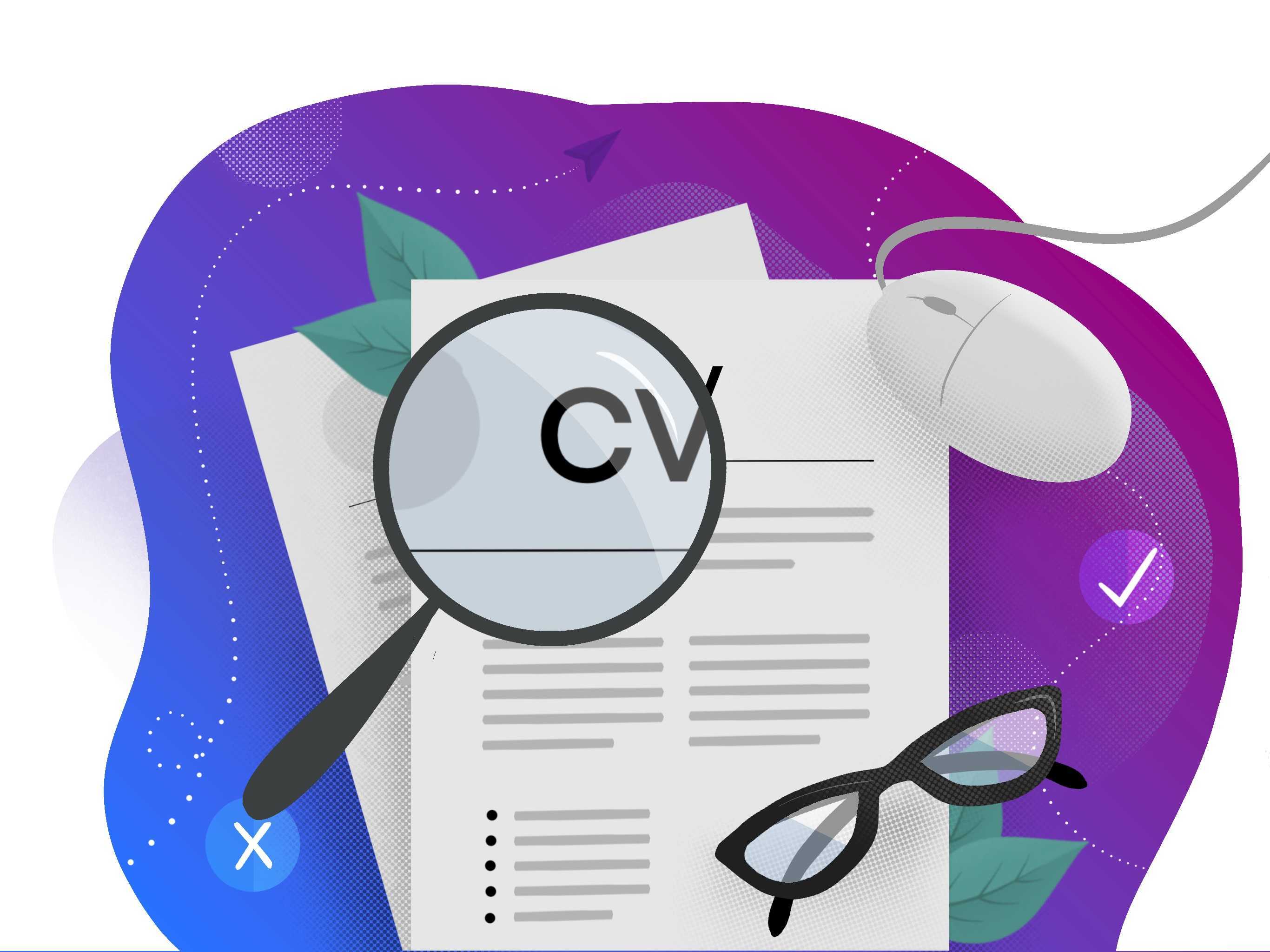- Get a quote
- Jobs
-
Employers
- Employers
-
Hire Staff
-
Our Sectors
-
Testimonials
-
About
- About
-
Our Team
-
Our Company
- Contact
- Blog
- EN | PL
3 Dos and Don’ts for personal statements

Posted by
HR GO Recruitment
on
Potential employers spend an average of 8.8 seconds reading a single CV. And it takes just 7 seconds to decide if you’re right for the role. The part that has the most crucial role to play? It’s your personal statement that sits at the top of your CV.
In just a few sentences, it must convince your potential boss that you’re great for the role. In addition, it should convey what sets you apart from your competitors.
A personal statement is also known as personal profile or CV profile. It’s an easy way for your potential boss to gauge if you have the skills, experience and attitude they’re looking for. And it could make all the difference whether they keep reading about you – or discard your application onto the ‘no’ pile.
The ideal length for your personal statement is a maximum of just 3 sentences. The challenge is to squeeze in your experience and skills while still being informative. You must be concise and on target. So let’s look at some ‘Dos’ and ‘Don’ts’ when it comes to creating a personal statement that works hard for you.
DO answer three critical questions
There are three crucial questions you want your personal statement to answer:
1. Who am I?
- Describe yourself in a way that demonstrates you're a good fit for the role.
2. What can I bring to the role?
- Identify specialised skills or knowledge you can contribute.
3. What am I looking for in my career?
- Explain how the role fits into your career goals.
DO be boring with your job titles
Bear in mind that many recruiters use CV filtering software that looks for particular keywords. So if the job advert is for a catering manager for example, use this exact phrase, in your first sentence if possible. However much you'd rather be known as a ‘culinary guru' or ‘kitchen ninja’ this is not the time to use those terms.
DO tailor your personal statement each time
Bad news: once you’ve nailed your personal statement, you’ll need to keep changing it. Because ideally it should be tailored to each role you apply for. Notice which skills and phrases the job description uses, then weave some in.
Adopting the same language your potential employer uses – not just in job descriptions but also on their website and on their social media – is also a way to show you’re a good fit.
DON’T be vague with your claims
Waffly claims like ‘skilled at increasing sales’ or ‘excellent at meeting deadlines’ will do nothing for your credibility. For more impact, aim to back up your results with specific data and statistics. Here’s an example: ‘I was part of a team that increased sales by 40% over a year.’
And of course, while it might be tempting to be economical with the truth, lying on your CV is one of the greatest recruitment crimes out there. Don’t assume you won’t be found out – you will be!
DON’T make it all about you
Yes, it’s your personal statement and you should definitely talk about your career achievements. But your personal statement should actually revolve around your potential employer and the value you can add to their company that no other candidate can.
DON’T trot out clichés or buzzwords
While it’s best to steer clear of the latest buzzwords, using the same old tired phrases won’t do you any favours either. Avoid phrases like: ‘good at multitasking’, ‘team player’ and ‘good communication skills’. None of them say much about you, other than you follow the crowd in how you describe yourself. One caveat: if the job description is using those phrases, you can use them too, but sparingly.
After all, it’s called your ‘personal’ statement for a reason. And as we tell the job candidates we work with at HR GO, it’s worth using anything at your disposal to set yourself ahead of your career rivals.
More job application help
Categories
Featured insights
Innovative Partnership Aims to Revolutionise UK Recruitment with AI
HR GO and the University of Kent have been awarded funding from Innovate UK to bring machine learning innovations to the recruitment process.
Read moreRecent insights
How to improve company culture? Survey your employees
Survey your employees to find out directly from your workforce how they feel about your company culture so you can address any problems.
Read moreWhy it's important to disconnect from work
You might think that working every hour you possibly can will set you up for success. But it turns out that regularly disconnecting from work improves your performance and productivity.
Read more